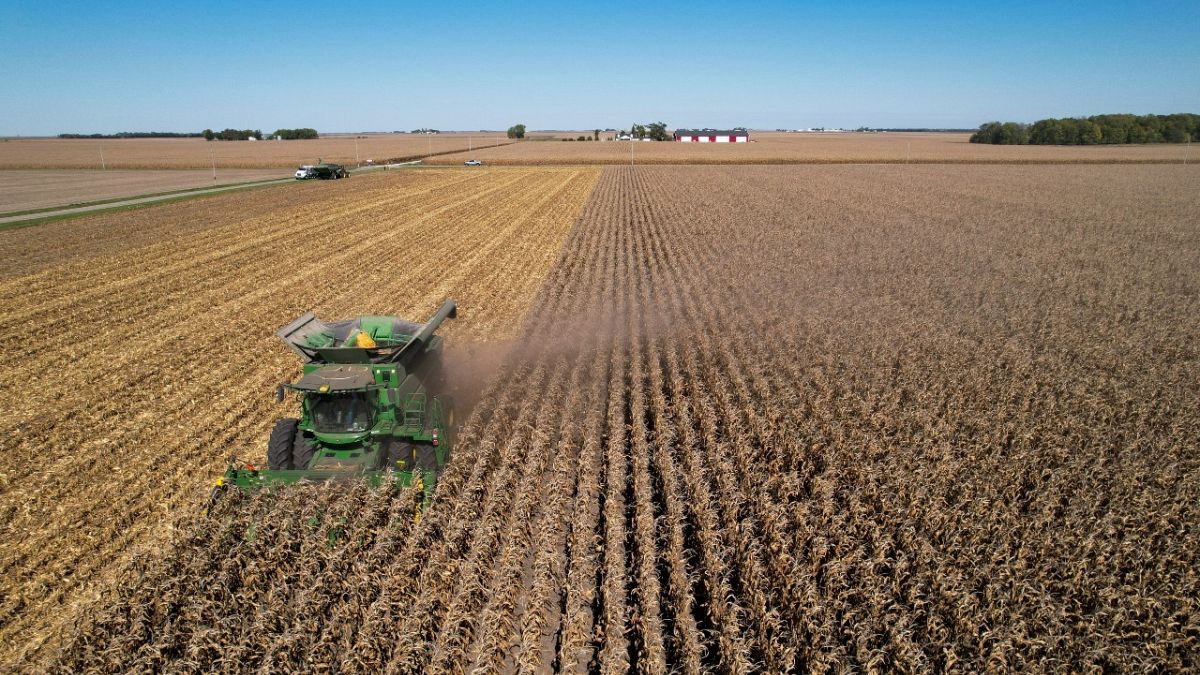The future of agriculture in the European Union is a topic of concern, especially with the recent escalation of tensions in the Middle East. The situation in Europe’s southeastern neighborhood has intensified following Israeli strikes in southern Lebanon and the killing of the leader of Hezbollah. Iran retaliated by launching at least 180 missiles at Israeli locations, which were mostly intercepted by air defenses. The European Union is urging all parties involved to avoid further conflict to prevent a more dangerous situation. France also faces economic challenges, with new tax hikes proposed by Prime Minister Michel Barnier to address mounting debts. However, concerns are rising among ordinary citizens who fear they will bear the burden of these taxes while large companies are asked to pay their fair share.
Agriculture is a key focus as French farmers continue to face challenges. While promises of aid have been made, the fundamental structure of farming in Europe needs to be reevaluated. Greenpeace warns of the decreasing number of family-run farms and the rise of large “mega farms”, posing a threat to rural communities and agricultural workers. Greenpeace’s EU agriculture policy director, Marco Contiero, highlights the impact of this trend on the farming business, consumers, and society as a whole. The widening gap between small-scale family farms and large-scale operations needs to be addressed through policy solutions to support smaller farmers and prevent further economic struggles.
The future of farming also depends on attracting young people to the profession. Encouraging them to enter the industry is crucial for generational renewal, as the average age of farmers is relatively high. However, challenges such as high land prices and the existing agricultural policy system make it difficult for young farmers to succeed. Transitioning towards a system that rewards farmers for their efforts and promotes sustainable practices is essential to ensure the success of the next generation of farmers. Despite these challenges, there is a glimmer of hope in the form of the Paton twin brothers from Britain, who are attempting to grow the world’s largest pumpkin. Their dedication and meticulous care for their pumpkins have led to a potential world record-breaking produce, with each pumpkin expected to weigh 1,500 kilograms.
In the realm of agriculture, innovation and dedication are key to achieving new milestones. The Paton twin brothers exemplify this spirit with their record-breaking pumpkin-growing efforts. Their meticulous care and monitoring of their produce highlight the potential for success in agriculture through dedication and hard work. As the world faces challenges in farming practices and agricultural policies, the need for sustainable solutions becomes increasingly apparent. Encouraging young farmers to enter the industry and supporting smaller family-run farms are crucial steps towards a more resilient and prosperous future for agriculture in the EU. By addressing the challenges faced by farmers and promoting sustainable practices, the future of agriculture in Europe can be secured for generations to come.










